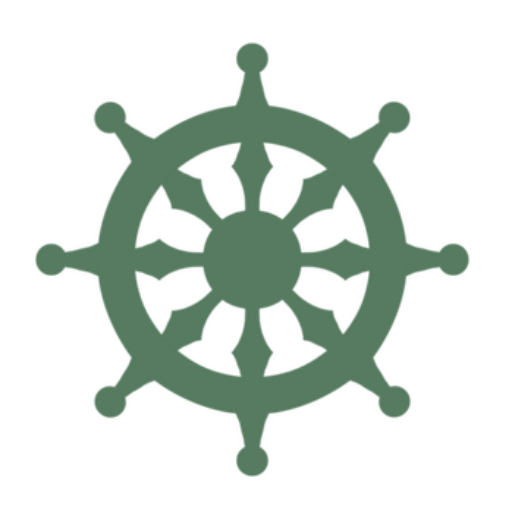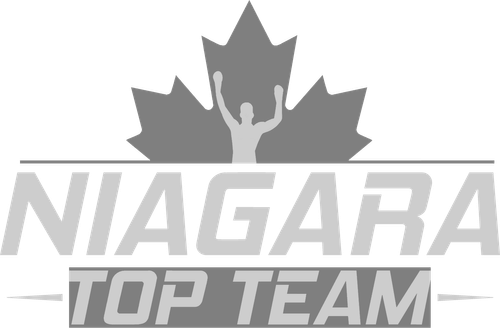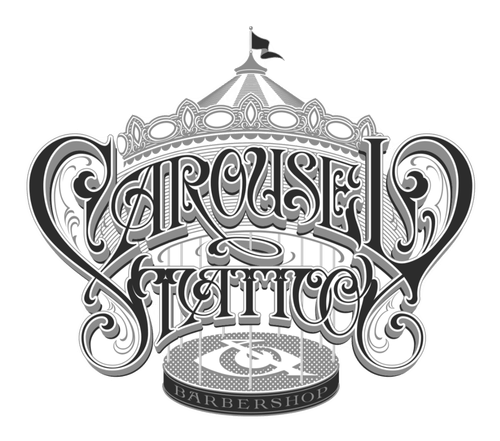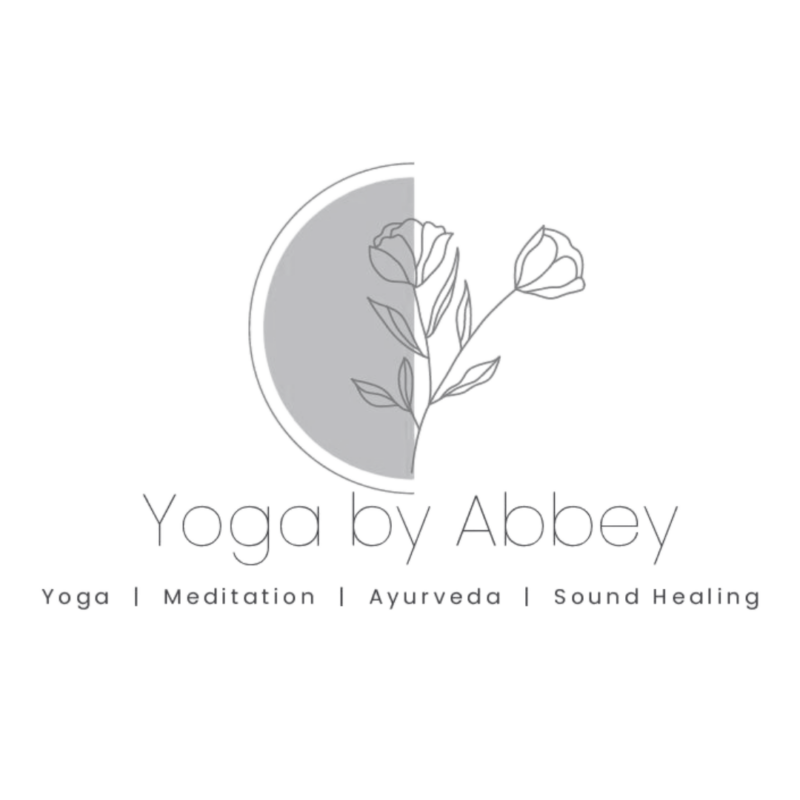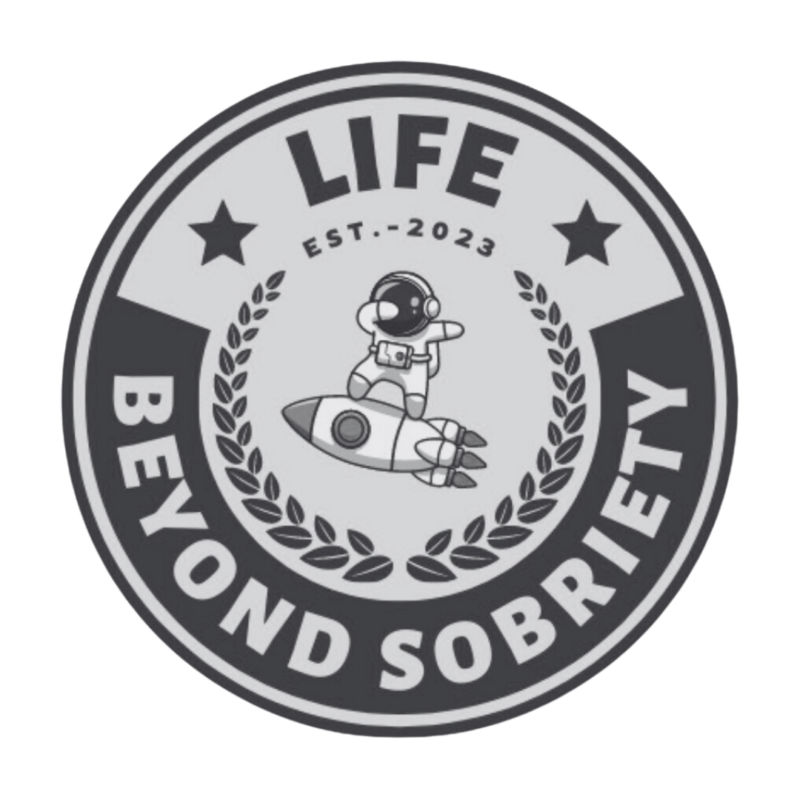Our Unique Approach to Addiction Treatment
At Twelve Mile Recovery, we understand that addiction treatment extends beyond addressing the physical dependency on substances. Our dedicated team is comprised of individuals who have walked the challenging path of addiction recovery themselves, and this lived experience informs every aspect of our strategy. We believe in a holistic approach that tackles the mental, emotional, and spiritual wounds left by addiction, creating a tailored plan for each individual.
Our treatment center in Niagara, Ontario, offers a serene and supportive environment where healing can thrive. We incorporate a variety of therapies designed to suit the unique needs of our clients, including cognitive-behavioral therapy, mindfulness practices, and trauma-informed care. By addressing the root causes of addiction, we foster an environment that promotes sustainable recovery and personal growth.
Evidence-Based Therapies and Treatments
We draw on scientifically supported therapies to ensure our clients receive the most effective care possible. Cognitive-behavioral therapy (CBT) forms a cornerstone of our treatment methods, aiding individuals in identifying and changing destructive thought and behavior patterns. This approach, coupled with mindfulness practices, empowers clients to build new, healthier coping mechanisms.
Martial arts is another innovative therapeutic tool offered at Twelve Mile Recovery. Through disciplined practice, clients learn resilience, emotional regulation, and self-discipline. These skills are invaluable in managing cravings and preventing relapse, equipping individuals with the fortitude needed for long-term recovery.
In addition, our trauma-informed approach recognizes the impact of past traumas on present behaviors. By providing a safe and supportive space for healing, clients can gradually release the hold that these experiences have on their lives.
Personal Insights From Our Team
Having battled addiction firsthand, many of us at Twelve Mile Recovery carry unique insights into the recovery process. We know the struggles that accompany the journey to sobriety, and this empathy allows us to connect deeply with those we serve. Our experiences enable us to guide clients with compassion, offering understanding and hope where it is most needed.
One of our staff members, Jo, often shares her personal journey during group sessions, highlighting the transformative power of recovery. Her story serves as a source of inspiration, demonstrating that recovery is not only possible but can lead to a fulfilling and enriched life.
The Importance of Healing Through Community
Community plays a vital role in recovery, offering support and encouragement as individuals rebuild their lives. At Twelve Mile Recovery, we emphasize the value of peer support groups, where clients share experiences and learn from each other’s journeys. This sense of belonging fosters resilience, as clients realize they are not alone in their struggles.
How do peer support groups benefit recovery?
Peer support groups provide a safe space for individuals to open up about their struggles and triumphs. By exchanging stories and advice, clients can draw strength from their shared experiences, gaining new perspectives and insights into their recovery journey. This communal support often leads to lasting friendships and a deeper sense of accountability.
Inpatient Addiction Treatment at Twelve Mile Recovery
Our inpatient addiction treatment program is designed to provide a comprehensive and immersive experience for individuals seeking recovery. By removing the distractions and stressors of daily life, clients can fully focus on healing. Our facility offers a structured yet nurturing environment, where individuals can engage in various therapies and activities tailored to their needs.
With a focus on mental, physical, and spiritual well-being, our inpatient program supports clients as they work through the challenges of recovery. Personalized treatment plans ensure that each individual receives the attention and care necessary to overcome addiction and build a solid foundation for a drug-free life.
Integrated Wellness Practices
At Twelve Mile Recovery, we incorporate wellness practices into our treatment plans, recognizing the role of overall well-being in recovery. Physical activities, such as yoga and martial arts, are integral to our approach, promoting physical health and emotional balance. These practices help clients develop a positive relationship with their bodies and foster a disciplined mindset.
Mindfulness and meditation are also key components of our wellness strategy, aiding clients in managing stress and anxiety. These practices encourage self-awareness and presence, allowing individuals to fully engage with their recovery journey and connect with their inner resources.
Customized Care for Unique Needs
We recognize that every individual’s journey is unique, and as such, we offer customized care plans tailored to their specific needs. Our assessment process ensures that each client receives the appropriate level of care and support to address their challenges. Whether they require intensive inpatient treatment or benefit from ongoing counseling, we are committed to providing the best possible outcomes.
Our flexibility extends to virtual treatment options, making our services accessible to those who may be unable to attend in person. By offering a range of support options, we ensure that individuals can access the help they need, regardless of their circumstances.
Client Testimonials and Success Stories
The testimonials from our clients speak volumes about the impact of our work. Leah Marie Radoman praises the supportive and non-judgmental environment at Twelve Mile Recovery, emphasizing the dedication of Jo and Chris to help clients achieve lasting sobriety. Their stories of overcoming addiction serve as beacons of hope, inspiring others to embark on their recovery journey.
Michael Laughlin and Robyn O’Hara also express their gratitude for the transformative support they received, highlighting the importance of compassionate care. These testimonials underscore our commitment to building a community where healing and growth are always within reach.
Taking the Next Step Toward Recovery
If you or a loved one is considering sobriety, taking the first step can be daunting. However, at Twelve Mile Recovery, we are here to support you every step of the way. Our team is ready to provide the guidance, resources, and community necessary to achieve lasting recovery.
We encourage anyone battling addiction to reach out and explore the personalized treatment plans we offer. By committing to the recovery process, you open the door to a world of possibilities, where a fulfilling and enriched life awaits.
Contact Us
For more information or to start your journey with us, contact Twelve Mile Recovery today. Our dedicated team is here to answer any questions and provide the support you need to begin this transformative journey. Let us help you rediscover your strengths and embark on a path of renewal, rebuilding, and recovery.
- Email: [Insert Email Address]
- Phone: [Insert Phone Number]
- Location: Niagara, Ontario
How much does rehab cost in Ontario?
The cost of rehab in Ontario can vary significantly depending on the type of facility and the level of treatment required. Publicly funded programs are available at no cost to eligible residents. However, private facilities, like ours at Twelve Mile Recovery, often have costs associated. These can range from a few thousand dollars for short-term outpatient programs to tens of thousands for more comprehensive inpatient treatments. It’s essential to think of this expenditure as an investment in one’s health and future, and we can help assess which options best suit your financial situation and recovery needs.
Who pays for rehab in Ontario?
In Ontario, rehab can be funded through various sources. Public health insurance, such as OHIP, covers many services provided at publicly funded addiction treatment centers. For private facilities, costs typically fall on the individual or their family, though some health insurance plans may cover part of the expenses for private treatment. Employers may also offer Employee Assistance Programs (EAPs) that provide some coverage or resources for addiction treatment. We encourage clients to explore all payment options, including any available subsidies or financial assistance programs.
What happens after addiction treatment?
Recovery doesn’t end when treatment does. After completing a program at Twelve Mile Recovery, individuals are encouraged to engage in aftercare plans tailored to their needs. This might include ongoing counseling, support groups, or sober living environments. Our team helps clients establish these networks and resources to ensure ongoing support. Post-treatment can be a delicate transition period, but with continued support and dedication, many individuals find this a rewarding phase of reclaiming their lives. Keeping open communication with support systems and actively participating in the recovery community can significantly enhance long-term success.
What is an OATC?
OATC stands for Ontario Addiction Treatment Centres, a network of clinics across the province specializing in treating opioid addiction through Medication-Assisted Treatment (MAT), including methadone and buprenorphine. These centers provide essential services for individuals battling opioid dependency. At Twelve Mile Recovery, while we do not operate as an OATC, we recognize the critical role such centers play and often collaborate or refer clients to these specialists when MAT is a recommended component of a holistic treatment plan. It’s crucial to have integrated care, tailored to each individual’s needs.
Why is community important in addiction recovery?
Community is a pillar of successful addiction recovery. At Twelve Mile Recovery, we witness daily how a sense of community empowers individuals to overcome addiction. By connecting with peers who share similar experiences, individuals find understanding and support that may be lacking in other areas of their lives. Community settings promote accountability and provide a platform for sharing insights and challenges, which can be transformative in the recovery process. Imagine joining a circle where everyone has walked a similar path–this camaraderie offers hope and encouragement to continue the journey.
Resources
- Substance Abuse and Mental Health Services Administration (SAMHSA) – SAMHSA is the leading agency within the U.S. Department of Health and Human Services that focuses on advancing behavioral health. They provide resources, programs, and information on substance abuse and mental health treatment.
- National Institute on Drug Abuse (NIDA) – NIDA is a government agency that conducts research on drug abuse and addiction. They offer valuable information on the science of addiction, effective treatments, and prevention strategies.
- American Psychiatric Association (APA) – The APA is a professional organization representing psychiatrists in the United States. They provide resources on mental health, including addiction treatment and recovery.
- National Alliance of Advocates for Buprenorphine Treatment (NAABT) – NAABT is a non-profit organization dedicated to increasing the understanding and access to buprenorphine, a medication used in the treatment of opioid addiction.
